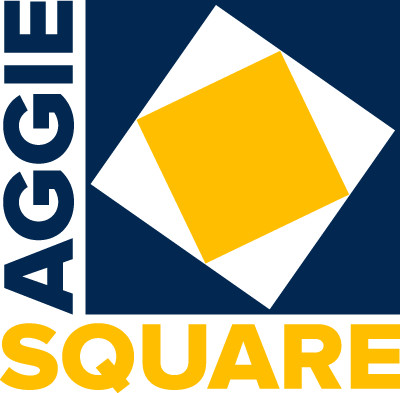
CoLab is Another Piece of the Aggie Square Innovation Puzzle
Aggie Square has the potential to substantially expand what we mean by “health” research at UC Davis. An excellent example of how it will do that is the health system’s Digital CoLab, which is looking to carve out a place for itself on an upper floor of Aggie Square’s Lifelong Learning building.
You could think about the CoLab as the digital equivalent to the TEAM Lab, the 3D printing and machine shop facility being brought to Aggie Square by the Department of Biomedical Engineering and the College of Engineering. Both are magnets for university/industry collaboration, although they create clearly different products in the process.
Where the TEAM lab will facilitate the fast prototyping of gadgets and devices, the CoLab may focus most on helping collaborators build apps and digital tools. These two resources will surely bring in different physicians, faculty, and students but one suspects there’s a Venn diagram in which their operations also overlap as UC Davis experts pair their physical prototypes with new pieces of software to bring them more effectively to patients and to the broader market.

What I’m suggesting is that like the TEAM Lab, the CoLab is a good example of the larger innovation infrastructure we are building at Aggie Square. These are two of the first pieces of the innovation puzzle we’re assembling to make Aggie Square into a regional hub with a global reach.
'Tackling big, hairy problems in health care'
That only occurs, as the CoLab’s Director of Innovation Keisuke Nakagawa knows, if what happens at Aggie Square doesn’t stay at Aggie Square. What we do on our innovation campus needs to ramify throughout UC Davis. Nakagawa is looking for a change in mindset towards what he calls “a human-centered design perspective” for technology research that links up faculty with “medical students, nursing students, residents and fellows to provide the clinical context, and engineering students who can develop prototypes.”
Nakagawa has his lab well-positioned to bring these people together and, in the process, make better links between the Sacramento campus and the Davis campus, which is another foundational Aggie Square goal. We’re bringing more undergraduates onto the university’s urban campus, and Nakagawa’s lab is going to offer a fascinating new learning opportunity for some of them.
The CoLab promises to be a point of intersection between medical center healthcare providers and university researchers (along with their students) in fields ranging from engineering to business and design. The goal of the lab is to “bring together a diverse group of undergraduate, graduate, and health professional students together in the same place” with faculty and clinicians, says Nakagawa, the better “to tackle those big, hairy problems in healthcare.”
There’s a clear issue our health system needs to address here, and it’s one that the pandemic has emphatically surfaced: how to serve patients without requiring them to come into the hospital. “Looking at activities for 2022,” Nakagawa shares, “one major trend we're seeing is how much care is moving toward a digital-first model.” But for that to work, he cautions, requires technology for “monitoring our patients digitally through apps and devices, helping them navigate their health through chatbots and digital engagement pathways.”
We need, Nakagawa explains further, to make sure that this technology works equitably for all patients. With technology-based solutions, he notes, equitable outcomes are far from guaranteed. Too often, tech can mean one-size-fits-all solutions designed for scaling up rather than individual benefit.
In other words, the pandemic created an opportunity and a risk when it demonstrated the possibilities of digital health to connect patients and healthcare providers without requiring physical proximity. The CoLab is being designed to tackle risk and opportunity both, to create the means for technological innovation while ensuring that UC Davis’s digital health apparatus is capable of serving the full diversity of patients across northern California.
CoLab furthers engagement, collaboration
Like Aggie Square as a whole, CoLab is focusing attention on how UC Davis serves the communities of Sacramento (and beyond). It is ready to further our mission to be an equity-minded institutional anchor for our region.
The CoLab checks all the Aggie Square boxes of university, community, and industry: it reaches out across our two campuses to bring diverse students and faculty together; it furthers our community engagement; and it also is poised to accelerate our collaboration with industry.
Amazon Web Services has signed on with the CoLab for a coordinated effort to build a Cloud Innovation Center, a first-of-its-kind partnership between AWS and a university medical center. The list of challenges this center promises to address range widely, including everything from bias in AI algorithms to mental health.
To return then, to how the CoLab contributes to making health a larger area of concern, you can see how it does so by bringing a wider range of UC Davis faculty, staff and students into the project of improving the lives of everyone in our region. You can also see how in emphasizing digital and distanced contact between health practitioners and patients it can help us all learn more about when and how technology offers better ways to interact. The clear and present need to think about equity in this context, and to see how a technologically innovative fix could as easily exacerbate inequality as ameliorate it, makes Nakagawa and his team such a good fit in Aggie Square.
